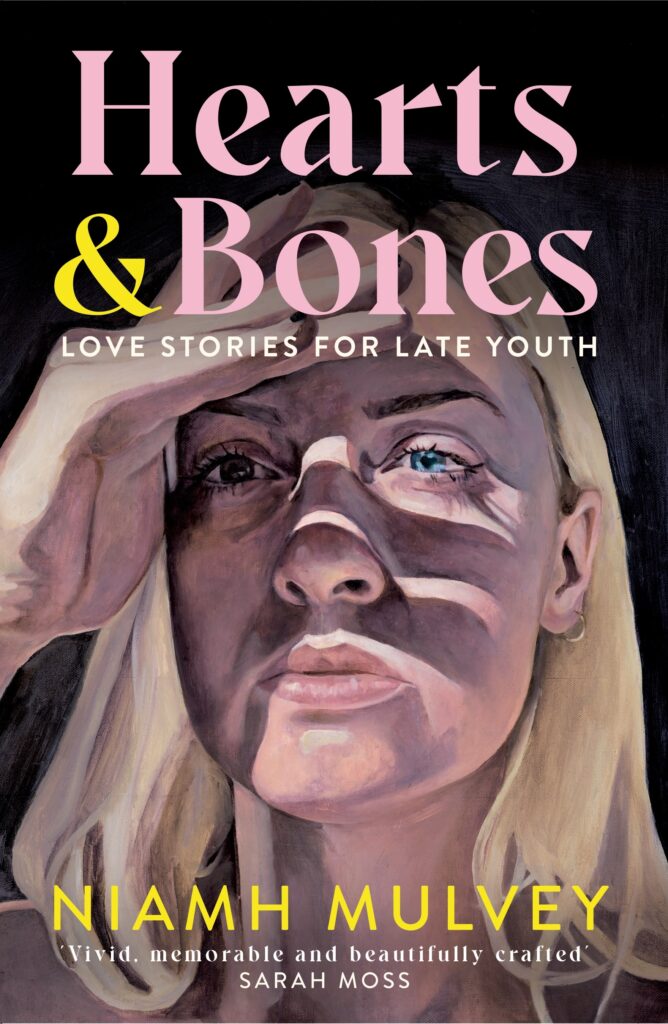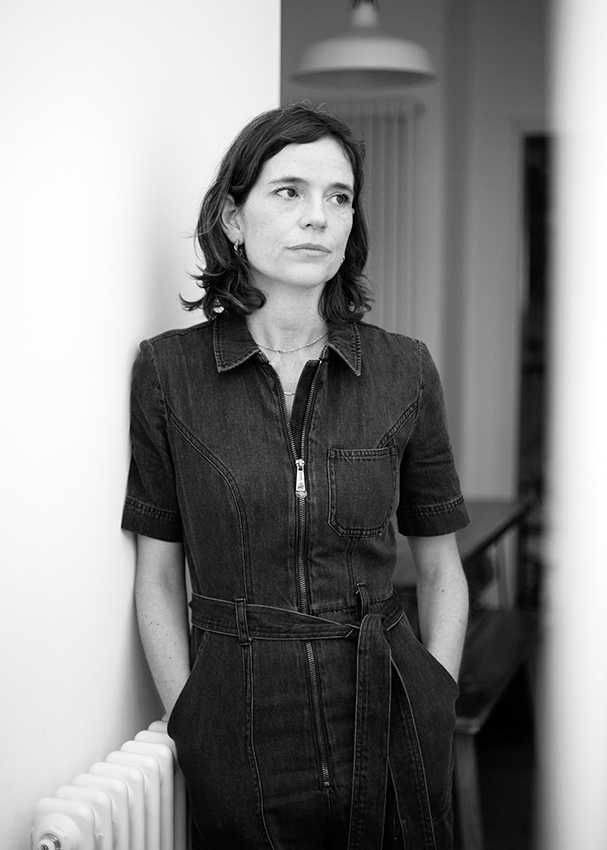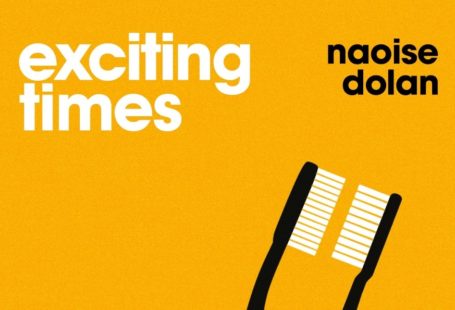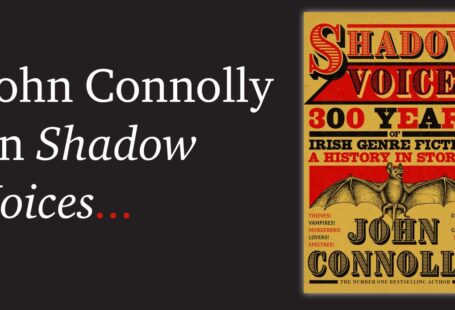
Short stories are the subject of so much myth and mysticism that for a long time, I was afraid to try writing them. So when I was struck with a sudden impulse to have a go at writing the stories that became this collection, I decided not to think of them as stories at all, but as songs. I had to trick myself into thinking I wasn’t writing stories, I was simply trying to create an interesting sound, a sound that was true somehow to the spirit of the feeling between the characters. The intensity of this feeling became the foundation of each story and I found that by focusing on that, the story began to know where it wanted to go. Decisions around what would happen next were made on a rhythmic level which led, oddly, to the best plotting I have ever managed in more than a decade of attempting to write.
A lot of the stories in Hearts and Bones are about looking back at adolescence or childhood from the point of view of an older character – and I guess that’s something that people my age (late thirties) are starting to do. I think by our age, it’s the first time we have enough past behind us for it to be really past. For our perspective on the things that happened to us as young people too have changed. I’m intrigued by the possibilities of what a change in how we see each other can open up.
Once I started to realise I had a number of stories that I liked, I began to think of the whole thing as a demo or an acoustic album. There’s a lot of musicians, singers and songwriters in my family and I’m always inspired by how un-precious musicians are, compared to writers. They just get their stuff out there, share it, make more music, share that, make new versions of their songs, re-record, share again. I think because publishing is built out of words, rather than sounds, we rely a little too much on other words to carry our work into the world: we need blurbs from other writers, long lead times, precisely honed pitches, early Amazon reviews, all of that. As someone who had been immersed in publishing culture for a long time (I was an editor before I became a writer), I needed to escape that pressure, that desire for validation. Needing approval is not very rock and roll, after all.
Songs are all about the feeling between an “I” and a “you”; they’re about trying to reach someone who is right there but separated from you by misunderstanding, fear, pain, regret. This sense of reaching across is what I’ve tried to recreate in Hearts and Bones.

Niamh Mulvey is from Kilkenny, Ireland, and is now based in South London. Her short fiction has been published in The Stinging Fly, Banshee and Southword and has been shortlisted for the Seán O’Faoláin Prize for Short Fiction 2020.






Recent Comments